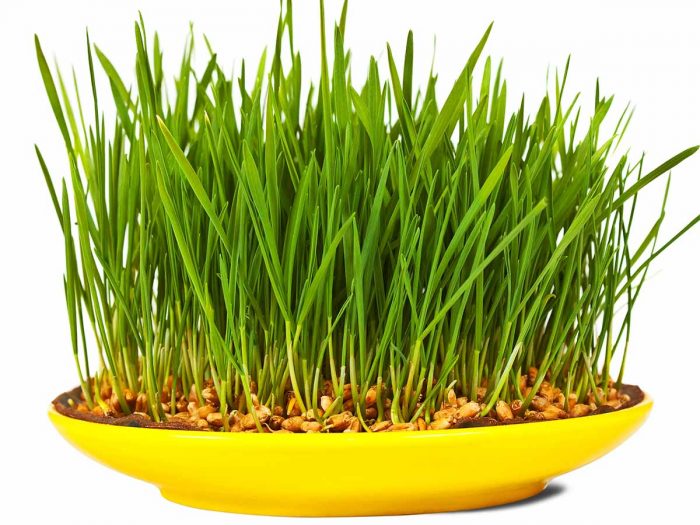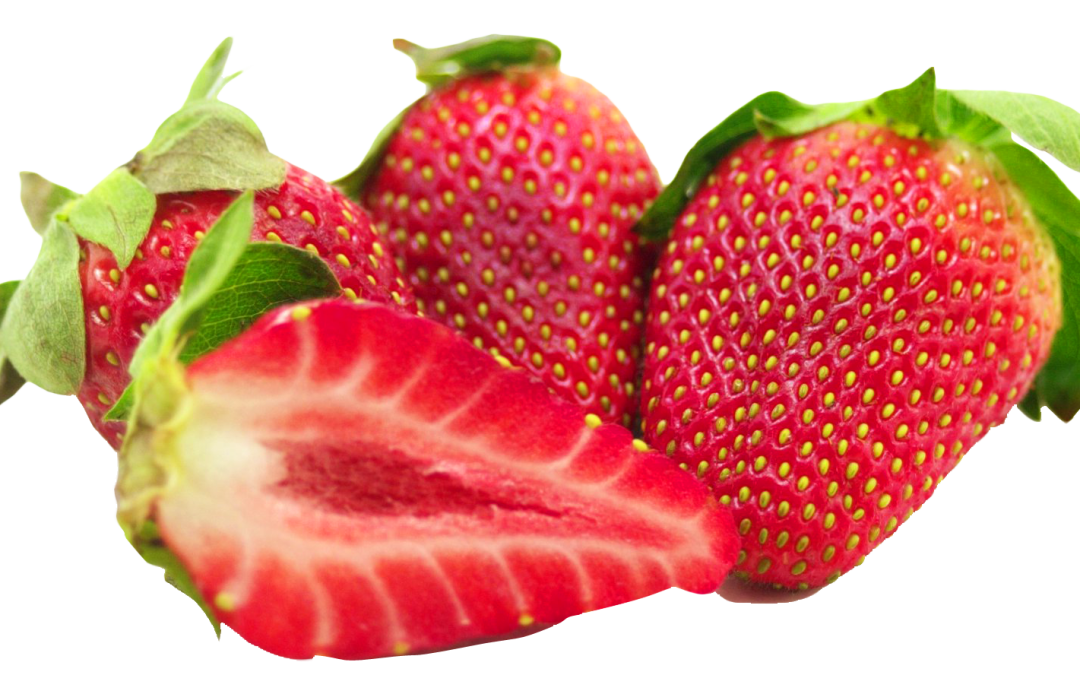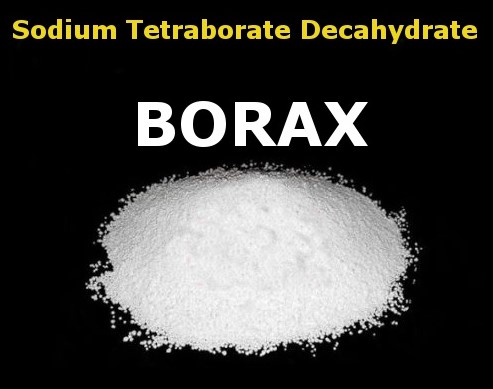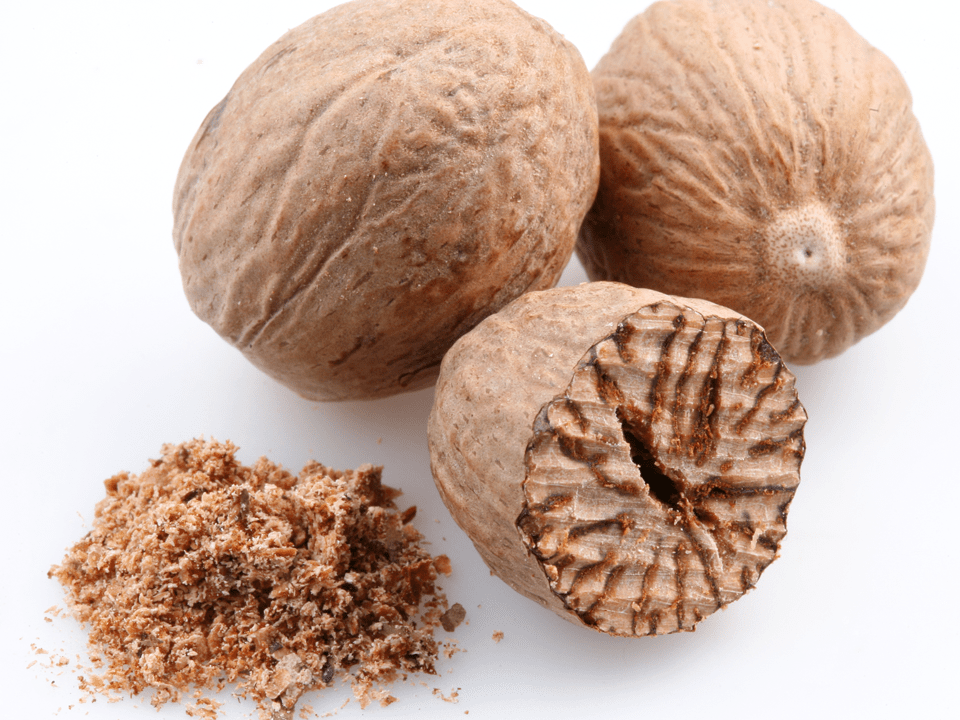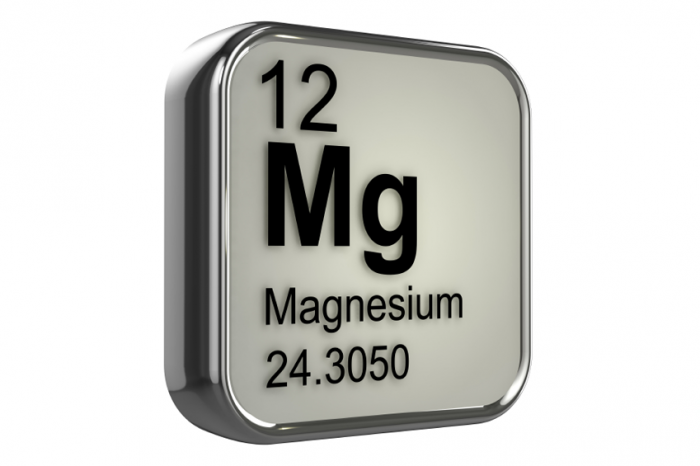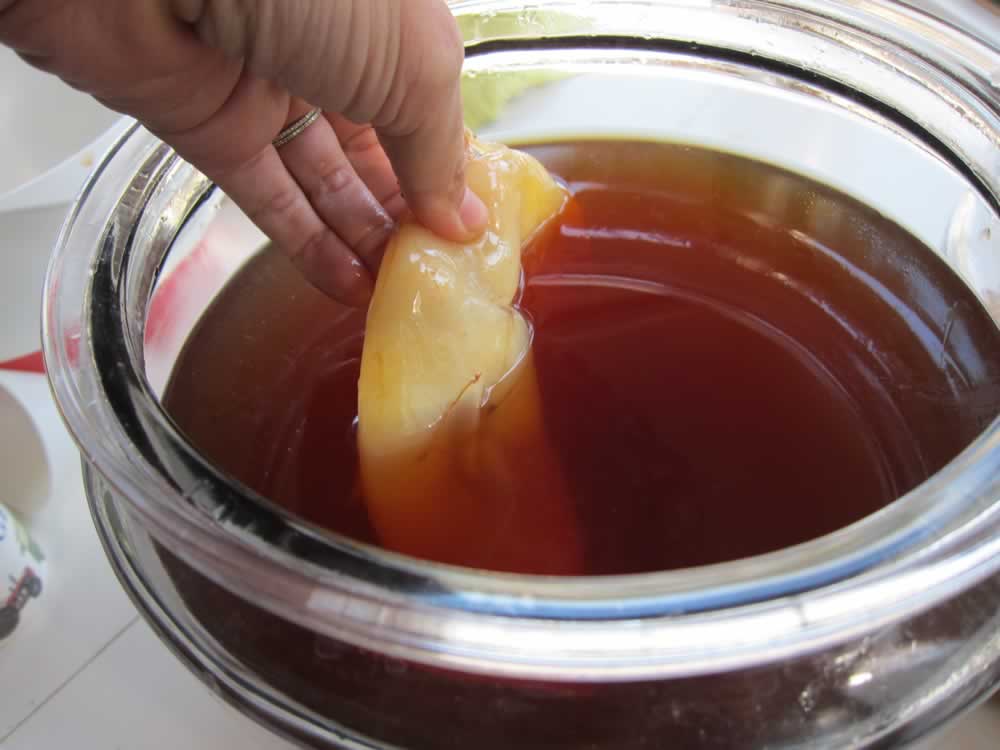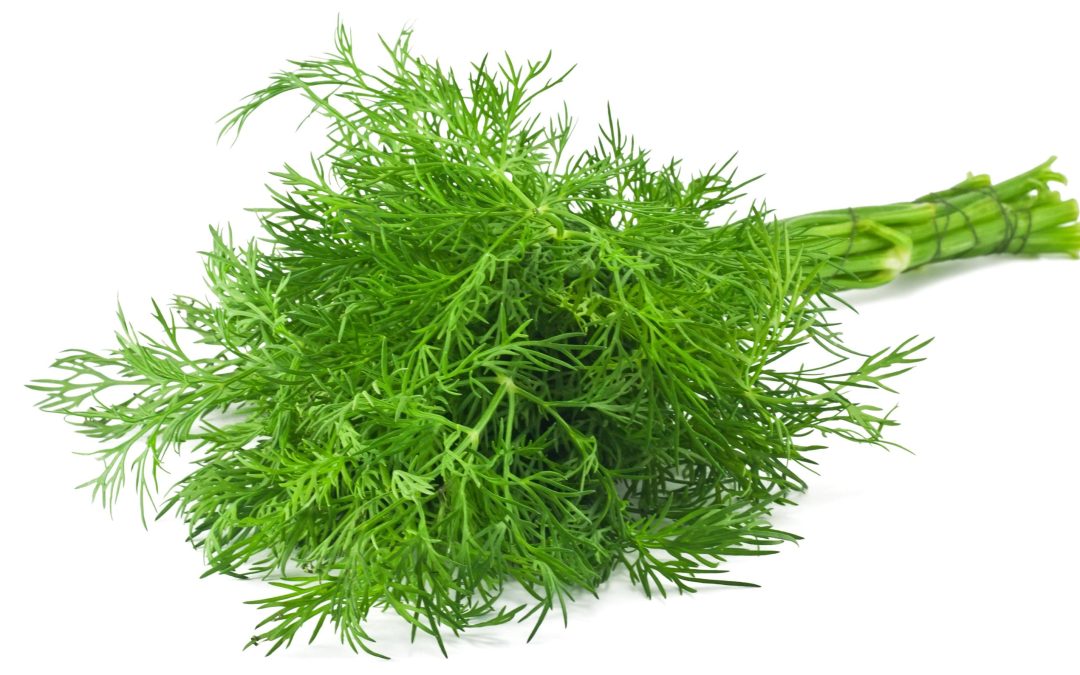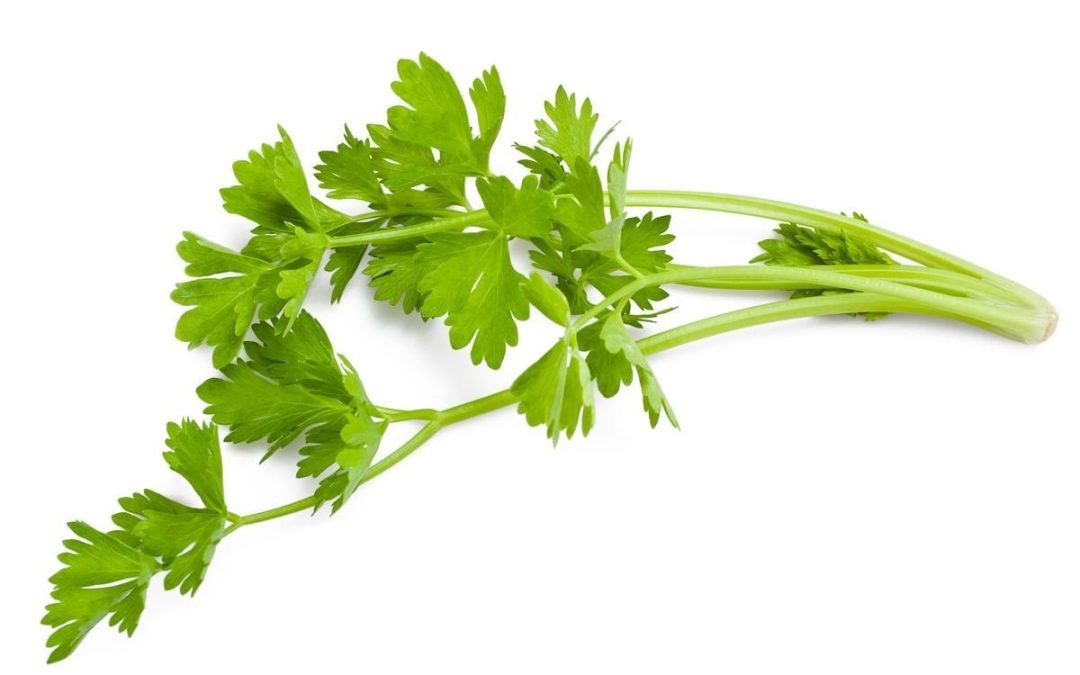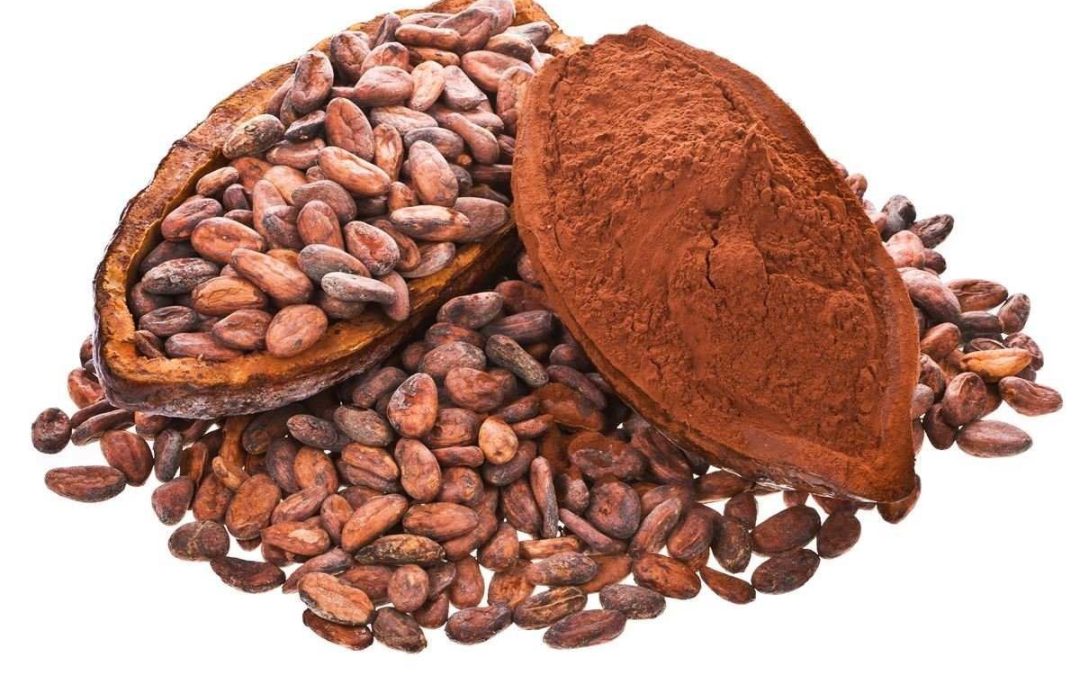Ananas comosus
Pineapple, Ananas comosus, belongs to the Bromeliaceae family, from which one of its most important health-promoting compounds, the enzyme bromelain, was named. The Spanish name for pineapple, pina, and the root of its English name, reflects the fruit’s visual similarity to the pinecone.
Pineapples are actually not just one fruit but a composite of many flowers whose individual fruitlets fuse together around a central core. Each fruitlet can be identified by an “eye,” the rough spiny marking on the pineapple’s surface.
Pineapples have a wide cylindrical shape, a scaly green, brown or yellow skin and a regal crown of spiny, blue-green leaves. The fibrous flesh of pineapple is yellow in color and has a vibrant tropical flavor that balances the tastes of sweet and tart. The area closer to the base of the fruit has more sugar content and therefore a sweeter taste and more tender texture.
Pineapple is an excellent source of vitamin C and manganese. It is also a very good source of copper and a good source of vitamin B1, vitamin B6, dietary fiber, folate, and pantothenic acid. Pineapple is surprisingly good for you with a potent and unique nutritional profile. Below are the benefits of pineapple for improved digestion, arthritis treatment, better skin, more energy, disease prevention and even using pineapple for coughs and colds, amongst other benefits.
Health Benefits
Potential Anti-Inflammatory and Digestive Benefits
Bromelain is a complex mixture of substances that can be extracted from the stem and core fruit of the pineapple. Among dozens of components known to exist in this crude extract, the best studied components are a group of protein-digesting enzymes (called cysteine proteinases). Originally, researchers believed that these enzymes provided the key health benefits found in bromelain, a popular dietary supplement containing these pineapple extracts. In addition, researchers believed that these benefits were primarily limited to help with digestion in the intestinal tract. However, further studies have shown that bromelain has a wide variety of health benefits, and that many of these benefits may not be related to the different enzymes found in this extract. Excessive inflammation, excessive coagulation of the blood, and certain types of tumor growth may all be reduced by therapeutic doses of bromelain when taken as a dietary supplement. Studies are not available, however, to show these same potential benefits in relationship to normal intake of pineapple within a normal meal plan.
Bromelain extracts can be obtained from both the fruit core and stems of pineapple. Potentially important chemical differences appear to exist between extracts obtained from the stem versus the core fruit. However, the practical relevance of these differences is not presently understood. Most of the laboratory research on bromelain has been conducted using stem-based extracts, however.
Although healthcare practitioners have reported improved digestion in their patients with an increase in pineapple as their “fruit of choice” within a meal plan, we haven’t seen published studies that document specific changes in digestion following consumption of the fruit (versus supplementation with the purified extract. However, we suspect that the core fruit will eventually turn out to show some unique health-supportive properties, including possible digestion-related and anti-inflammatory benefits.
Antioxidant Protection and Immune Support
Vitamin C is the body’s primary water-soluble antioxidant, defending all aqueous areas of the body against free radicals that attack and damage normal cells. Free radicals have been shown to promote the artery plaque build-up of atherosclerosis and diabetic heart disease, cause the airway spasm that leads to asthma attacks, damage the cells of the colon so they become colon cancer cells, and contribute to the joint pain and disability seen in osteoarthritis and rheumatoid arthritis. This would explain why diets rich in vitamin C have been shown to be useful for preventing or reducing the severity of all of these conditions. In addition, vitamin C is vital for the proper function of the immune system, making it a nutrient to turn to for the prevention of recurrent ear infections, colds, and flu.
Manganese and Thiamin (Vitamin B1) for Energy Production and Antioxidant Defenses
Pineapple is an excellent source the trace mineral manganese, which is an essential cofactor in a number of enzymes important in energy production and antioxidant defenses. For example, the key oxidative enzyme superoxide dismutase, which disarms free radicals produced within the mitochondria (the energy production factories within our cells), requires manganese. In addition to manganese, pineapple is a good source of thiamin, a B vitamin that acts as a cofactor in enzymatic reactions central to energy production.
Protection against Macular Degeneration
Your mother may have told you carrots would keep your eyes bright as a child, but as an adult, it looks like fruit is even more important for keeping your sight. Data reported in a study published in the Archives of Ophthalmology indicates that eating 3 or more servings of fruit per day may lower your risk of age-related macular degeneration (ARMD), the primary cause of vision loss in older adults, by 36%, compared to persons who consume less than 1.5 servings of fruit daily.
In this study, which involved over 110,000 women and men, researchers evaluated the effect of study participants’ consumption of fruits; vegetables; the antioxidant vitamins A, C, and E; and carotenoids on the development of early ARMD or neovascular ARMD, a more severe form of the illness associated with vision loss. While, surprisingly, intakes of vegetables, antioxidant vitamins and carotenoids were not strongly related to incidence of either form of ARMD, fruit intake was definitely protective against the severe form of this vision-destroying disease. Three servings of fruit may sound like a lot to eat each day, but pineapple can help you reach this goal. Add fresh pineapple to your morning smoothie, lunch time yogurt, any fruit and most vegetable salads. For example, try adding chunks of pineapple to your next coleslaw or carrot salad.
Other Health Benefits
Pineapple for Digestion
Many people suffer from poor digestion, particularly of protein, and it’s a widespread health problem that leads to many diseases and an overall lower quality of life. Undigested proteins in the digestive system can form compounds that are absorbed into the bloodstream, creating allergic reactions and stimulating an inflammation response. This can manifest in a variety of seemingly unrelated health problems such as tiredness, allergies, general muscle weakness and regular headaches. Undigested proteins are also involved in forming uric acid crystals that cause gout and other forms of joint pain. All in all, it’s very important to make sure you’re digesting the protein in your meals properly, particularly if you’re regularly eating large amounts of low-quality protein, like burgers or meat-based processed foods.
Here’s where eating pineapples can be of benefit. Generally, it’s not a good idea to eat too much fruit after a heavy meal as it can interfere with digestion. Pineapples, however, contain a unique protein-digesting enzyme called bromelain.
Actually a collection of enzymes, bromelain cleaves the protein bonds making meat and other concentrated protein foods much easier to break down and digest. It’s so good at this job that it is used commercially as a meat tenderizer.
The most bromelain is found in the core of the pineapple so make sure that you eat that part too (it’s easier if you have a small part of it with the rest of the fruit rather than leaving it all to the end).
Putrefying protein in your digestive tract can lead to serious health problems. Unfortunately, hydrochloric acid production for protein digestion usually declines for most of us after the age of 35.
As we get older HCl production decreases even more and nutritional deficiencies can also impair protein breakdown. One of the best times then to enjoy a slice of pineapple, with its bromelain-rich core, is after a big protein meal.
While it’s advisable to cut down on meat-heavy processed meals, particularly as you get older, the health benefits of pineapple and its bromelain may help if you’re having problems digesting your protein.
Concentrated bromelain capsules sourced from pineapple cores and stems are also available. These are a low-cost and convenient way to improve your digestion if you don’t have fresh pineapple available. Many people report not just improve digestive function, but also positive effects on a variety of seemingly unrelated health issues when they start taking bromelain regularly.
Arthritis, Sticky Blood and Cancer Prevention
Pineapple and its enzymes and other nutritional properties explored ahead have many extra health benefits beyond digestion. For instance, therapeutic doses of bromelain have been shown to have significant potential for pain relief for arthritis sufferers as this compilation of available studies demonstrated.
Bromelain also appears to stop blood palettes from sticking together and may be a useful treatment for those at an increased risk of dangerous blood clots.
Importantly, you should discuss taking bromelain supplements and large amounts of pineapple, like regular pineapple juice, with your doctor if you are currently taking blood thinning medication.
The benefits of pineapple and its bromelain even extend to treating cancer with the enzyme extensively studied as a therapeutic anti-cancer agent for various forms of the disease, especially breast cancer and colon cancer.
This review of the current scientific literature related to using bromelain to treat cancer concluded that: ‘Traditional and anecdotal clinical evidence suggests the bromelain could be an effective anticancer therapeutic agent…’
While bromelain supplementation was used in the studies to treat cancer, even the smaller amounts in a slice or two of fresh pineapple with the core may act as a natural cancer preventative, especially considering the next nutritional element that pineapples are so rich in — vitamin C.
Pineapple Antioxidant Benefits and Better Skin
Pineapple is an unusually high source of vitamin C, far higher than the much-touted oranges. Just one cup of fresh pineapple chunks contains more than 100% of the recommended daily intake of vitamin C (though many health authorities considered this to be set far too low and many of us would benefit from much more of it).
Your body’s main water-soluble antioxidant, vitamin C is on the front line of defending your cells against dangerous free radicals that can lead to cellular damage and potentially cancerous changes.
Free radical damage is widely considered a contributing factor in a variety of diseases, from cancer to asthma, arthritis to heart disease and many more serious inflammation disorders. Getting a good daily amount of vitamin C into your diet is an important part of defending your body and its cells from free radicals and staying healthy.
The rich vitamin C content in pineapples makes them an easy and great tasting source of the nutrient. Another health benefit of pineapples and their vitamin C is an improvement in the quality of your skin. The collagen that glues your skin cells together is particularly reliant on adequate levels of vitamin C in your diet. Without it, your skin will be one of the first areas of your body to suffer, with poor skin tone the likely result.
Pineapples also contain carotenoids like beta-carotene for skin cell protection and significance amounts of the mineral copper for promoting elasticity in your skin.
Colds and Coughs
The combination of very high levels of vitamin C with anti-inflammatory bromelain makes pineapples a particularly effective treatment for coughs, colds and other respiratory problems. While the positive benefits of vitamin C in reducing the severity and duration of colds and flu are well known, bromelain also has a role in reducing respiratory problems.
Enzymes in pineapples have been shown to reduce inflammation of the nasal cavity and help break up excessive mucus in the respiratory system. These effects can combat regular colds and coughs and may even be useful for treating more serious respiratory problems like bronchitis. With so many health benefits, a slice of pineapple looks like a much better option than a glass of commercial orange juice if you’re trying to recover from a cold.
Strengthening Bones
Aside from the good levels of copper already mentioned, pineapples are extremely high in the mineral manganese, with around three-quarters of the recommended daily intake of this valuable trace mineral per cup. Manganese is needed by your body to build healthy bones and support connective tissue. It is particularly vital for growing children and teenagers and the elderly, whose bones are likely to be weakening as they get older.
Energy and Stress Reduction
The rich manganese content of pineapple is also of benefit for energy production. The trace mineral is an important cofactor needed for the creation of enzymes used in the production of energy within your body. Pineapples health credentials also extend to stress reduction as they contain good levels of B vitamins, so vital for proper brain function and increasing your ability to deal with stress effectively.
The fruit is especially high in vitamin B1 thiamine (also needed for energy production) and vitamin B6 pyridoxine, both at over 10% of the RDI per cup. Folate and pantothenic acid are also well represented at around the 7% RDI per cup and smaller amounts of niacin, biotin and choline are also available when you eat pineapples for preventing B vitamin deficiency.
The Best Time to Eat Pineapple
Generally, you shouldn’t eat too much fruit after a meal as it can impair digestion. Pineapple, with its digestive bromelain, is a little different though. There are many reports of a slice of pineapple after a meal helping with digestive problems, particularly if the meal contained a lot of protein. If you do want some fruit after a meal, then pineapple is one of the best choices.
Most of the time, however, the best time to eat pineapple for its many health benefits is on its own on an empty stomach. You can have it as a delicious light breakfast or as a late afternoon snack for a much healthier sweet treat to keep you going until dinner.
Pineapple Sugar Content and Glycemic Index
There are many health benefits of pineapple and this great tasting tropical fruit is one that most people would do well to eat more of. Whether it’s improved digestion, cancer protection, inflammation reduction, increased antioxidants, respiratory health, stronger bones, more energy and less stress or just better skin, there are lots of great reasons to be eating more pineapples.
However, some will point to the relatively high natural sugar content in pineapple and this is a factor if you are trying to lose weight. With around 16 grams of sugars per cup, they aren’t exactly a low-carb food. Even here though pineapples continue to surprise. Anyone who’s eaten a ripe pineapple can tell you how sweet it is and these natural sugars give the fruit a glycemic index of 59. Importantly though, pineapples are also very high in fiber with their firm texture and bromelain-rich core. This actually means they have a total glycemic load (the real measurement of effect on blood sugar) of just 7 and are a far healthier choice than the vast majority of sweet foods you might have as a dessert.
DBM Protocol – Adjunct Treatment – Fresh Pineapple
As part of our programs, fresh pineapple is recommended each morning, which is alternated with papaya daily, on an empty stomach. Pineapple juice does not often form part of our programs due to its effect on blood sugar. BUT, if you are healthy and want to add some to your smoothie daily – be sure to add the core as well – it has wonderful health benefits.




